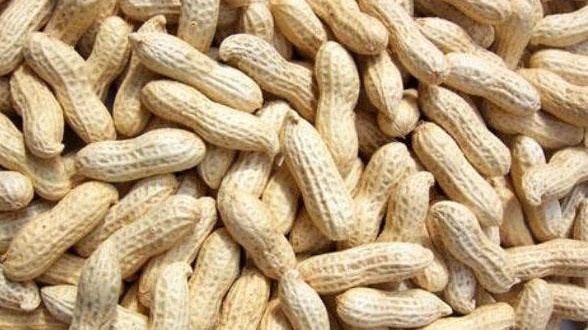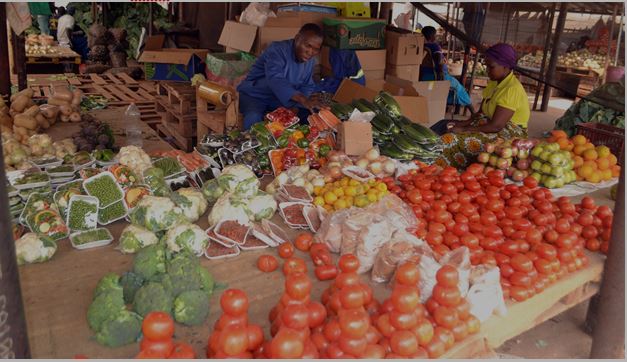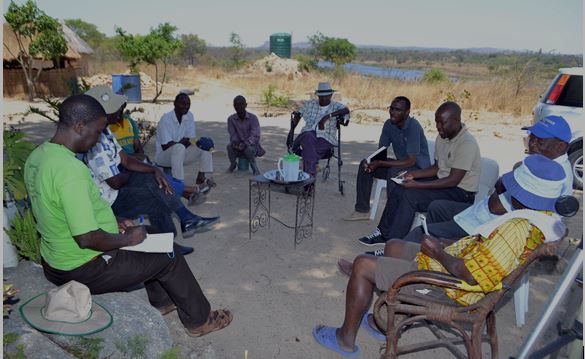ANALYSIS:What has gone wrong with the groundnut market in Zimbabwe?
Groundnut has traditionally been a famous cash cow in Zimbabwe. Many Cabinet ministers, captains of industry, academics and bankers can testify to have gone to school because their parents were able to raise school fees through groundnut production and marketing. From those who knew him, the founder of Zimbabwe’s largest poultry company Irvine’s Day Old Read more about ANALYSIS:What has gone wrong with the groundnut market in Zimbabwe?[…]









